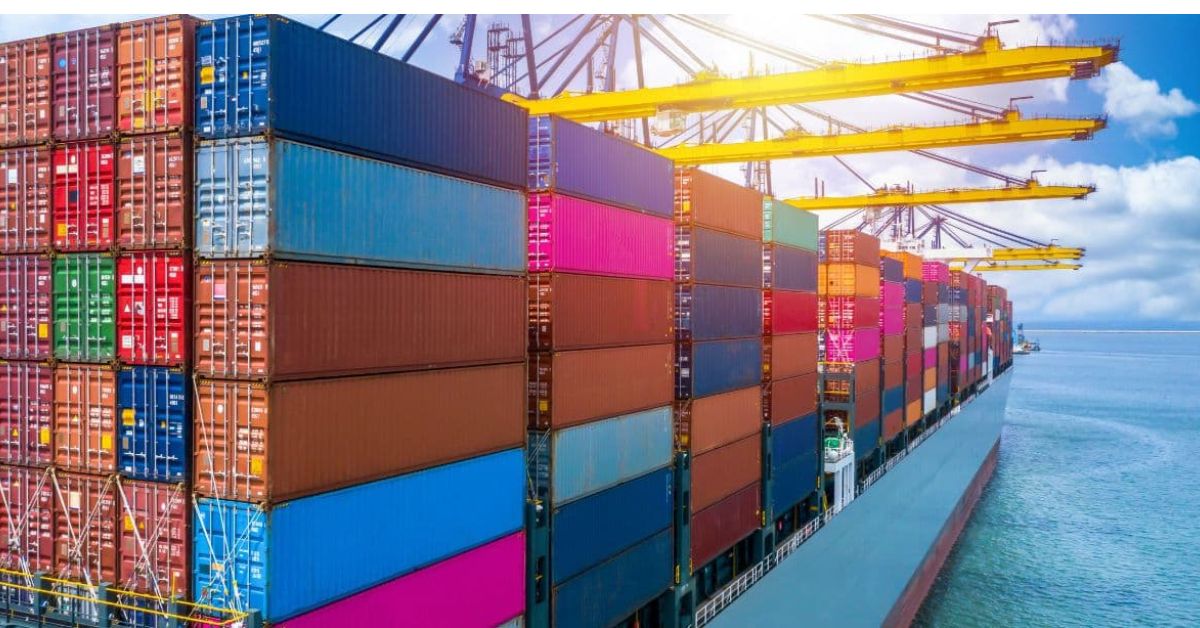Following meetings with senior officials from several ministries, including those of shipping, ports, finance, civil aviation, and railways, as well as the exporters’ organization, FIEO Federation of Indian Export Organizations, freight forwarders, transport operators, and shipping companies, commerce and industry minister Piyush Goyal announced some steps.
India’s goods exports have decreased for the past two months; in August, they contracted by 9.3%, a 13-month low. Traders attributed this loss to increased shipping costs, a slowdown in China, and recessionary patterns in western markets. According to the minister, exports of goods and services could surpass $825 billion in FY25.
The discussion covered a number of connected topics, including the scarcity of containers, the rise in ocean freight rates and shipping costs, shipping delays at Indian ports, turnaround times at the ports, and the effects of geopolitical issues like the Red Sea conflict.
In order to shorten the time it takes for exports, increase the capacity of containers by 10-12%, and improve cargo handling capabilities, the Shipping Corporation of India (SCI) has chosen to buy five more used container ships. According to officials, freight prices have already begun to decline and are probably going to do so even more. The company also declared that it will be hiring container ships to greatly expand its capacity, which will result in an instant increase of 9,000 TEUs (twenty-foot equivalent units).
The shipping ministry also stated that 2.3 million TEUs had already been added to the port’s capacity. Empty containers can now be stored at the yard for free for 90 days, according to the Railway Board and Container Corporation of India. After that time, the fees of Rs 3,000 that were previously applied are now only Rs 1,500. Additionally, 20-foot containers would pay Rs 1,000 instead of Rs 6,000 in storage and handling, and 40-foot containers would pay Rs 2,000 instead of Rs 9,000.
The Jawaharlal Nehru Port Trust promised to remove any backlog and bottleneck at the NhavaSheva port, and the Central Board of Indirect Taxes and Customs said that custom clearances at the ports will be hastened by simultaneous screening of two twenty-foot containers.
Additionally, it was determined that in order to prevent illegal profiteering resulting from shortages and delays, private container yards would have to register with the GST authorities on a mandatory basis and refrain from accepting any payments in cash.







